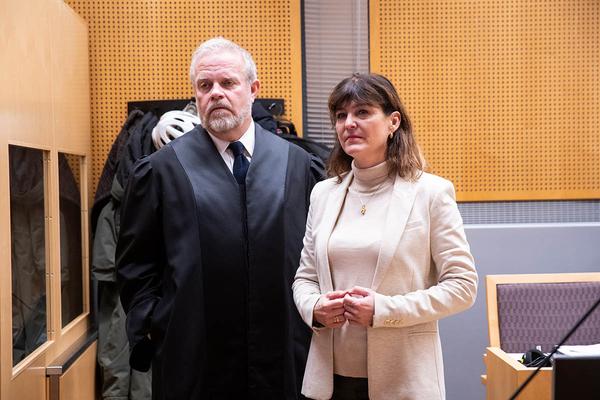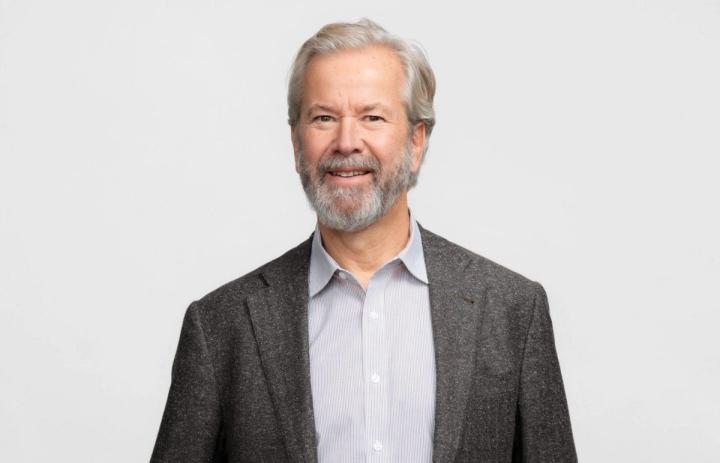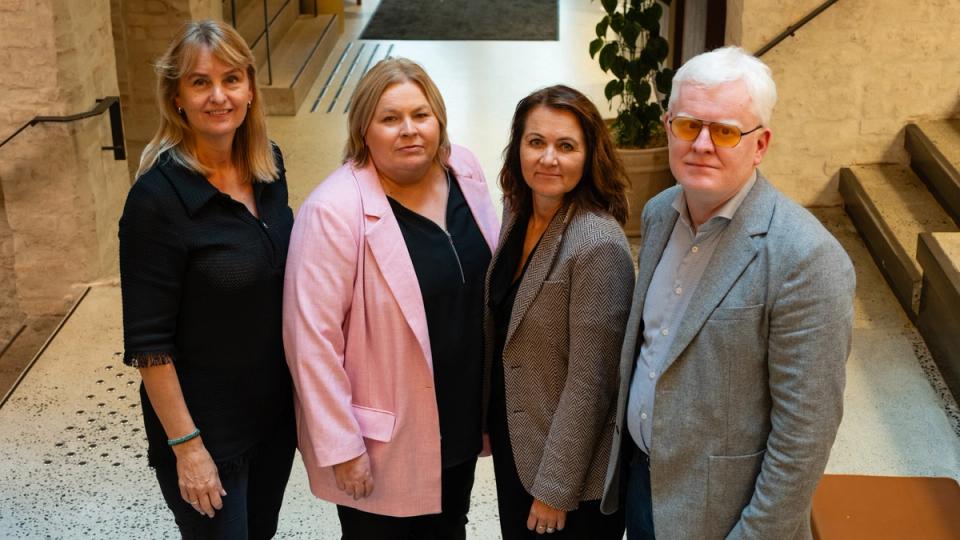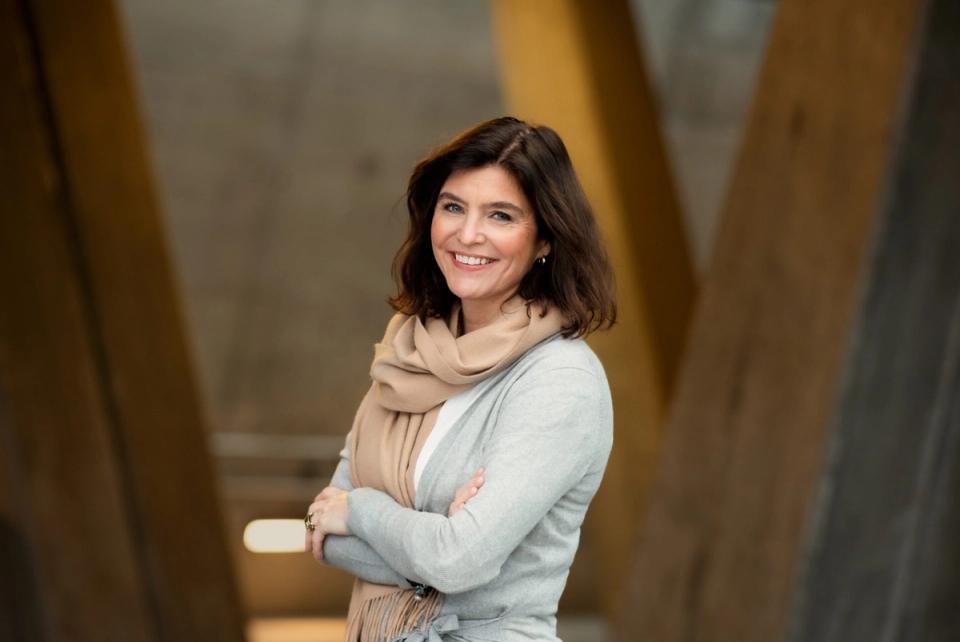15. juni 2018
GEN Summit 2018: #METOO in the Media
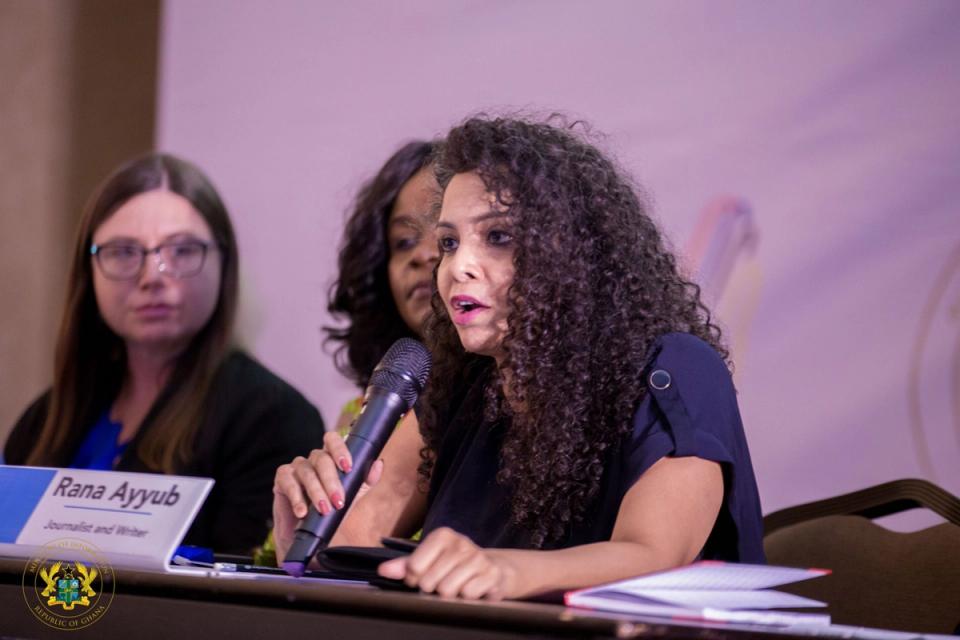
The Tinius Trust sponsored a debate on #metoo and its effects in for journalists and media businesses on June 1st, […]
The Tinius Trust sponsored a debate on #metoo and its effects in for journalists and media businesses on June 1st, during the GEN Summit 2018 in Lisbon. Below you can read the introduction given by Dianna Pierce Burgess, Co-founder of Press Forward. But first; take a few minutes to listen to Rana Ayyub, investigative journalist and columnist, who shares her story on stage.
GEN Summit 2018: #METOO in the Media from Tinius Trust on Vimeo.
Introduction by Dianna Pierce Burgess
We first want to thank Bertrand and others for allowing us this platform. I’m incredibly grateful and honored to be here, especially after meeting my fellow panelists who I’m going to introduce in a moment, but also after seeing the Data Journalism Awards last night and some of the winners and the nominees. The courage of some of the journalists and the work that they’re doing is incredibly impressive.
So, me too; #metoo, the U.S., and the impact around the world.
First let’s be clear:
This is not a gender issue, this is a human rights issue. It is not only about sexual harassment, but it’s a problem regarding abuse of power. It is also a public health issue: the mental, physical, and psychological toll it takes on the victims is not to be ignored.
And lest anyone think that these stories you hear are overinflated, all you need to do is hear the harrowing and difficult story from Rana here on our panel in a few minutes to understand the reality. It’s alive and well in our society today.
So what are we going to do about it? What has the impact been from #metoo? Where I live in the U.S. and the UK, I feel like we’re at a watershed moment. The collective women’s voices have had the courage to rise up and say ‘enough’. But this didn’t happen overnight. I believe it’s been a slow burn simmering in society and over time it has bubbled up to the surface. It has finally erupted.
My organisation pressed forward as an initiative dedicated to creating safe and fair newsrooms to elevate women in the workplace. We’re looking for solutions both short term and long term. We have five initiatives on our website and you can go check them out.
But we were born out of me too. Our 12 co-founders including myself were all impacted by sexual harassment at the hands of powerful journalists in the US. But we were not content to allow the movement to wane without seeking solutions.
As a society we are now at this moment because of the courage of those who told their stories. The world is now watching to see how news organisations will respond. News organisations are supposed to give a voice to the voiceless. Will they do so within their own communities?
We need the press to succeed now more than ever. I believe with a healthy newsroom comes a healthy democracy. We need to redefine respect. We must allow women and men a safe and fair environment to do their best work as journalists, as equals.
But the promise of change doesn’t necessarily translate to lasting change, so we need to do this right. We need to find effective solutions and in order to do that we need to study the problems, examining all the systems that have failed us.
And that brings me to my panel: This group of women here are seasoned journalists who have either experienced these issues firsthand studied them or researched them or reported on them or all of the above. I’d like start with introducing Fatemah Farag. She is the founder and director of Welad Elbalad Media Ltd, a company dedicated to community media development and media experience in Egypt. She is also the MENA director for WAN/IFRA’s women in news program, a World Editors Forum board member, and a Nieman Fellow. Julie Posetti is a newly appointed senior research fellow at Oxford University and an award winning Australian journalist and academic. At Oxford’s Reuters Centre for the Study of Journalism, she will lead the institute’s new journalism innovation project. She is also the author of ‘Protecting journalism sources in a digital age’ – vitally important to today’s topic and we’ll get to that – which is a major UN study covering 121 countries published by UNESCO in 2017. And we also have Rana Ayyub, a prominent investigative journalist and columnist from India and a vital voice in South Asia covering politics and social issues, justice, and state crimes. Among her many achievements is her breakthrough investigation in extra judicial murders, which sent the first serving home minister and one of the most important politicians of India behind bars. She also has been undercover for eight months in an investigative sting operation on the current Prime Minister Modi. She has many awards and recognitions for her intrepid tenacious and crucially important investigative reporting but it has not come without a price. So I’d like to thank you all for being here.
Credit header picture: © Ghana Ministry of Information.
